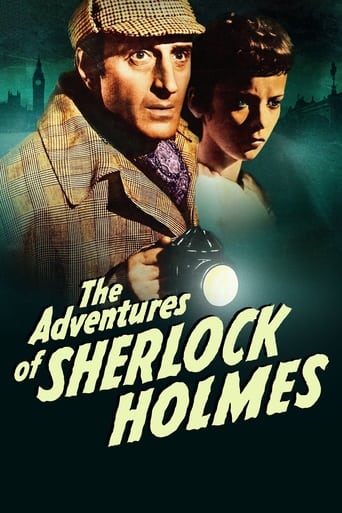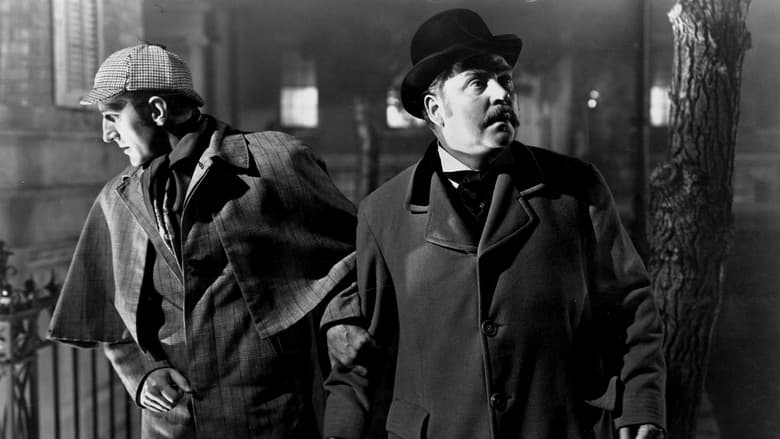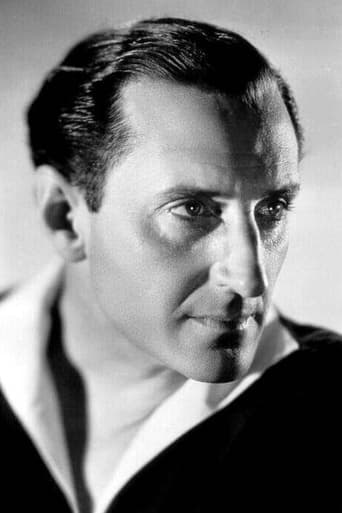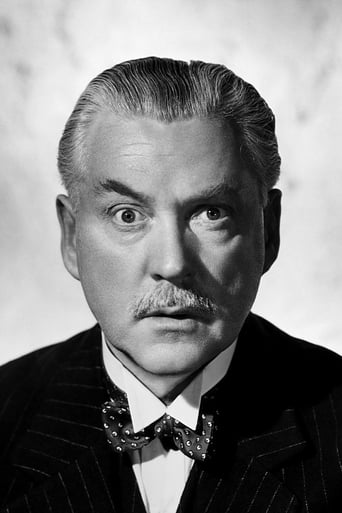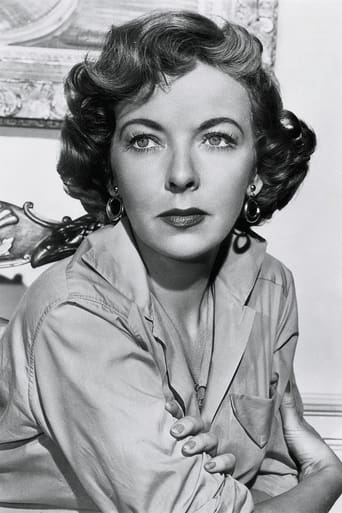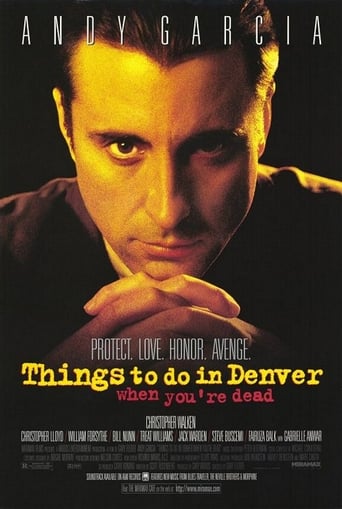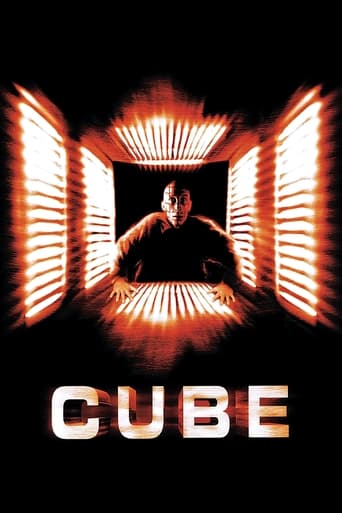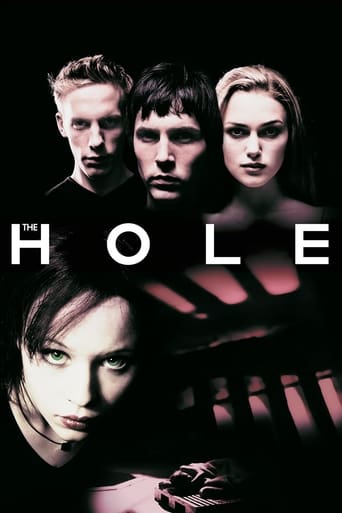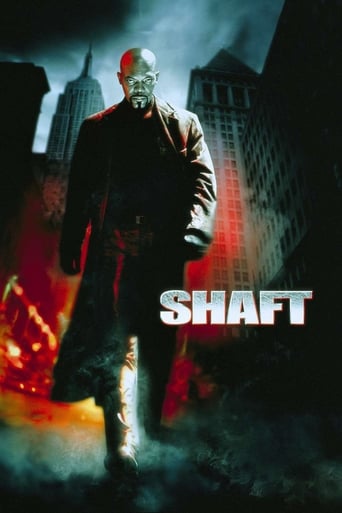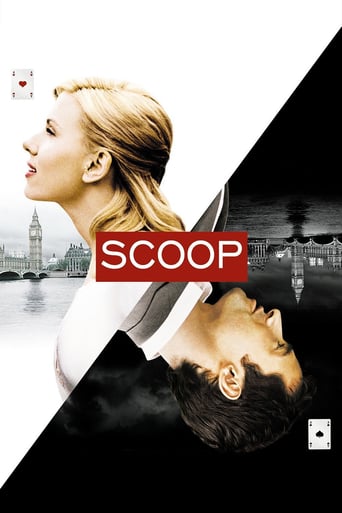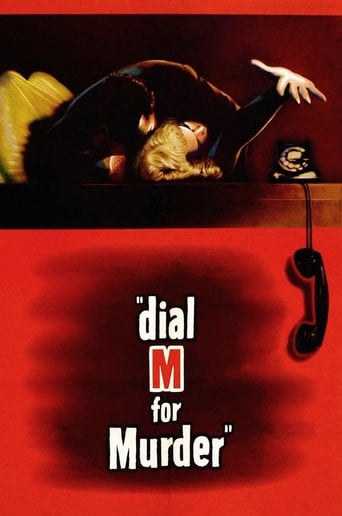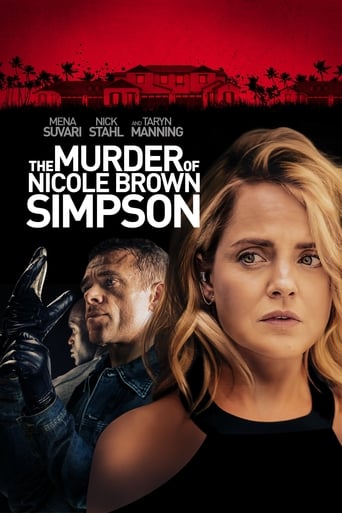The Adventures of Sherlock Holmes (1939)
Having once again avoided criminal conviction, Professor Moriarity develops a murderous plan to “finish off” his last major nemesis, Sherlock Holmes, by making him fail to prevent the perfect crime. Does it involve a family curse, the crown jewels of England, or something else…
Watch Trailer
Cast


Similar titles
Reviews
So much average
Good concept, poorly executed.
The performances transcend the film's tropes, grounding it in characters that feel more complete than this subgenre often produces.
It is neither dumb nor smart enough to be fun, and spends way too much time with its boring human characters.
The invention of the logical detective in Sherlock Holmes was profoundly important, directly leading to the great invention of noir, the descendants of which dominate our viewing vocabulary. The notion that people were deeply logical and that a human mind was capable of mastering this logic was the great promise that swept over the world post Darwin and Freud. You could read the original stories regardless of how you felt about this and indeed the author himself was an anti-science spiritualist. The stories placed themselves at the center of human confidence and angst.Moriarty did not feature in many of the stories, but in film has been elevated to evil incarnate, himself the template of hoards of supervillain geniuses.Some film presentations of Holmes either take his deductive abilities seriously or they cleverly play with logic versus something else, often passion. Oddly, none of these Basil Rathbone films treat Holmes as a brilliant man. Almost never does he reason things out as he does in the stories; instead he simply chases clues with the assumption that the obvious answer is wrong. We see no brilliance, only opportunity.So even though the *idea* of Sherlock (and Mycroft and Moriarty) is essential to a history of film, these particular movies are dispensable, silly wastes.
Directed by Alfred L. Werker, "The Adventures of Sherlock Holmes" stars Basil Rathbone as detective Sherlock Holmes. Rathbone would star in a series of Holmes films between 1939 and 1946, of which "Adventures" was the second.Unlike Western noirs, which were influenced by burgeoning existential movements and hinged on chaos and conspiracy, the Holmes movies assert order and clarity. "The Adventures of Sherlock Holmes" was itself one of only two Rathbone flicks to take place in Victorian London, then a hub of both scientific rationalism and occultism. Holmes creator Arthur Conan Doyle was himself obsessed with the occult, and claimed to be able to talk to the dead. Many biographers view Doyle's Holmes character (and Holmes' sidekick, Doctor Watson, a bumbling man of science) as having been initially created to parody philosophical materialism. Indeed, many Holmes tales find the Great Detective actively debunking the supernatural.With his distinct diction and chiselled skull, Basil Rathbone would become an instant icon and, to many, the definitive Holmes. "Adventures" sees him going up against arch nemesis Professor Moriarty, but Werker's plot lacks the cleverness of later Rathbone instalments and Holmes is largely a passive character, given very little actual sleuthing.7.9/10 - Worth one viewing.
Returning from his initial outing as Britain's greatest detective, in "The Hound of the Baskervilles" (also 1939), super-sleuthing Basil Rathbone (as Sherlock Holmes) witnesses the murderous acquittal afforded wickedly criminal George Zucco (as Professor Moriarty). To wit, Prof. Zucco proceeds with plans to commit "the crime of the century," and steal the United Kingdom's Crown Jewels Meanwhile, Mr. Rathbone is visited by beautiful young Ida Lupino (as Ann Brandon), who fears her brother will be murdered, as her father was a decade earlier. Ms. Lupino's fiancé and lawyer, handsome Alan Marshal (as Jerrold Hunter), doesn't want Holmes on the case - which seems to give away the story, but winds up being another part of the neatly plotted mystery...Cinematographer Leon Shamroy, director Alfred Werker, and a team of unfortunately uncredited soundtrack musicians - Cyril J. Mockridge, David Buttolph, Walter Scharf, David Raksin, and Robert Russell Bennett - create a suspenseful, foggy Victorian London town for the characters. And, Rathbone sings his hit version of "I Do Like To Be Beside the Seaside"! Note that "the kid" Terry Kilburn (as Billy) takes over the character played by Charlie Chaplin in William Gillette's original 1899 stage version. While not based on an Arthur Conan Doyle story, this early film series entry is one of the best-produced. It's classic Rathbone, with ever-present sidekick Nigel Bruce (as Doctor Watson) herein receiving the line, "Elementary, my dear Watson." ******** The Adventures of Sherlock Holmes (9/1/39) Alfred Werker ~ Basil Rathbone, Nigel Bruce, Ida Lupino, George Zucco
Big budget TCF excelled at historical dramas, so I guess it's not surprising that their recreation of a fog-bound 19th century London remains impressive, along with a couple nice touches (the creepy oboe dirge, the "strangled" stature). This is an entertaining version of Holmes as he seeks to save Ann's (Lupino) life and possibly the crown jewels from arch- criminal Moriarty. But the movie differs importantly from the better-known Universal entries. Having just seen the Roy William Neill's later Universal series with Rathbone and Bruce, I can't help but make comparisons. There's much less "comic relief" in this film, specifically no buffoonish Inspector Lestrade, and while Watson bumbles comically at times, it's more a character quality than an extended laugh-getter. But, most notable is the way Holmes is portrayed in each version. Spoiler coming up—unlike the Universal series, Holmes is actually outwitted here by the nefariously clever Moriarty (Zucco). I kept expecting Holmes to see through Moriarty's ruse and turn up in disguise to thwart the stealing of the crown jewels, which likely would have been Neill's approach (the unerring Holmes). But Holmes doesn't. Instead, he's fooled by Moriarty's diversion with Ann, and had Moriarty not dallied in the jewel cage, his "crime of the century" would have succeeded and trumped Holmes at the same time. Unlike Universal's version, this is a Holmes who can be outwitted, and I like the way the screenplay reveals how Moriarty exploits Holmes' weak spot, viz. his "restless" mind.Nonetheless, director Werker's stylistic approach here is much more routine than Neill's emphasis on colorful characters and imaginative touches. Looks to me like TCF treated the film as just another well-produced feature, whereas Neill had a personal attachment to his Holmes features, both producing and directing the series for Universal. He had something of a formula, but it's one that worked well and usually managed something distinctively memorable (the "hopping" boy in Pearl, the human chessboard in Faces Death, etc.). TCF's Holmes probably comes closer to the original, but I confess a sneaking preference for Universal's more contrived programmers. Still and all, this film is made memorable by its depiction of a fallible Holmes, even if he does triumph in the end.

